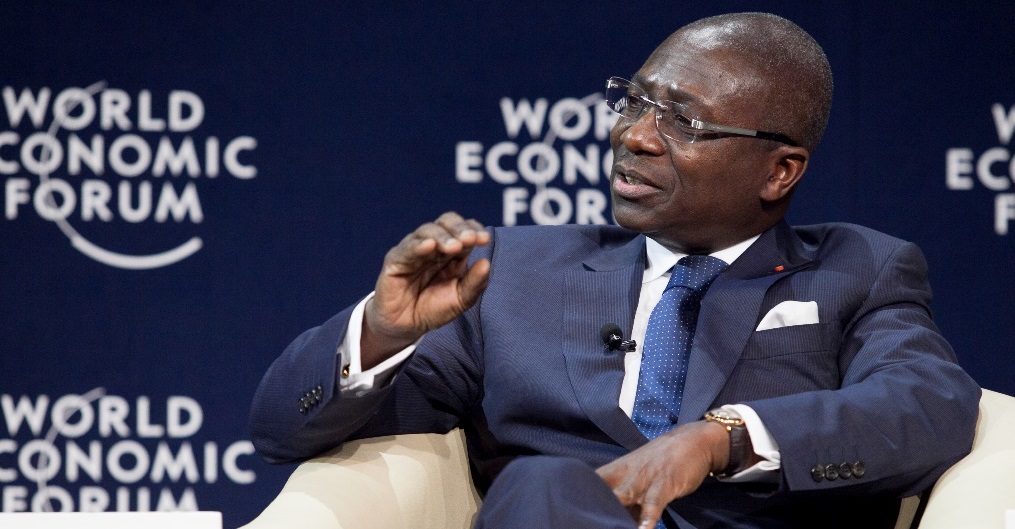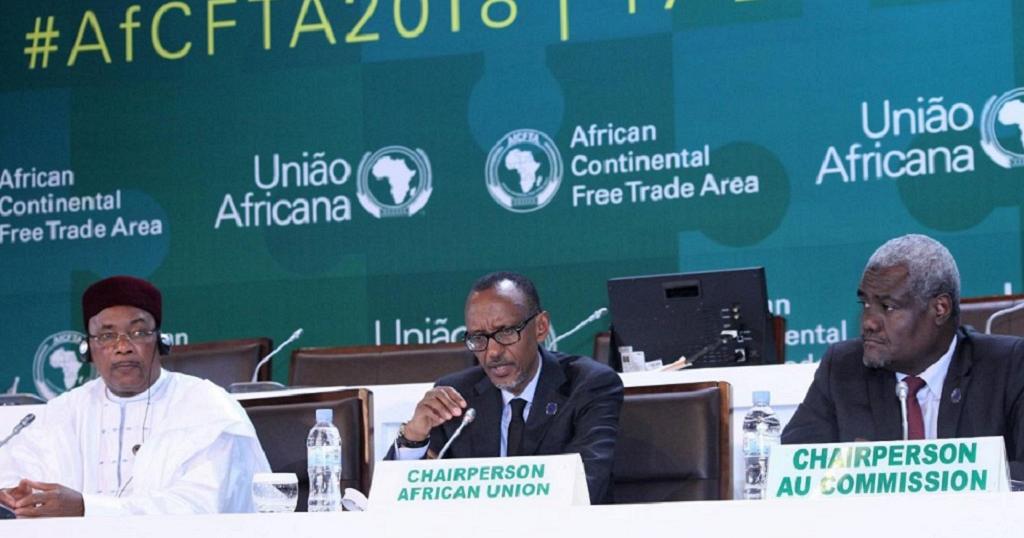AfCFTA holds the prospect of transforming African economies— Ekra
Jean-Louis Ekra, an Ivorian national, and former president of Afreximbank, in this interview, he spoke on Africa’s trade relations, especially on Russia-Africa relations and AfCFTA, Africa’s expected game changer. Excerpts:
What are the prospects of African Continental Free Trade Area agreement hold for Africa’s development?
You know that Africa is a continent that trades the least with itself. There are benefits trading with your neighbors, like reduced costs and so on. The first thing that African countries will benefit from this agreement is the opportunity to trade with their neighbors by just opening borders.
The second is that it will push countries to transform their usual commodities into manufactured goods. You need to have complementary products to trade effectively with your neighbors. So, it will be a good incentive for African economies to enter a process like AfCFTA that will help to transform their economies.

What is your view on the future of Africa-Russia relationship?
Africa needs to diversify its relationships for its own benefit. A diversified relationship protects one if one of many partners falls on bad times. So, it is important for Africa, from that perspective, to diversify its relationship. So the Russia-Africa relationship is welcomed in that context.
How best can Africa leverage on its relationship with Russia to bridge its infrastructural gap?
Russia, as you know, has advanced technology. In infrastructure, Russia is well known for power. It has capabilities in solar and hydropower energy that can be implemented in our continent. So, I think that it will be good for African and Russian private sectors to jointly develop those activities.
Some are canvassing that Africa countries should bring home some of their foreign reserves held abroad for investment in Africa. What is your view? There is an initiative that we launched in Afreximbank when I was there, which is ongoing. Yes, it is correct for Africa to try and use, as much as possible, its own resources, including external reserves. There is no reason the continent should be borrowing money when it has money in deposits in other places.
Won’t it have an adverse impact on foreign exchange markets on the continent? No. It won’t. These reserves are backed by strong ratings of an institution like Afreximbank. You have currency in America or in Europe. If you have it in Africa it is still your own, so it should not affect your exchange rate.
On the event that this becomes a reality, which institution will warehouse the foreign reserves?
Foreign exchange reserves have to be held in a strongly rated institution because they are important assets of a country. So, AfDB can hold those reserves likewise the Afreximbank. In my view, these are the two institutions that can hold such a reserve.
Kelechi Deca

Kelechi Deca has over two decades of media experience, he has traveled to over 77 countries reporting on multilateral development institutions, international business, trade, travels, culture, and diplomacy. He is also a petrol head with in-depth knowledge of automobiles and the auto industry.



